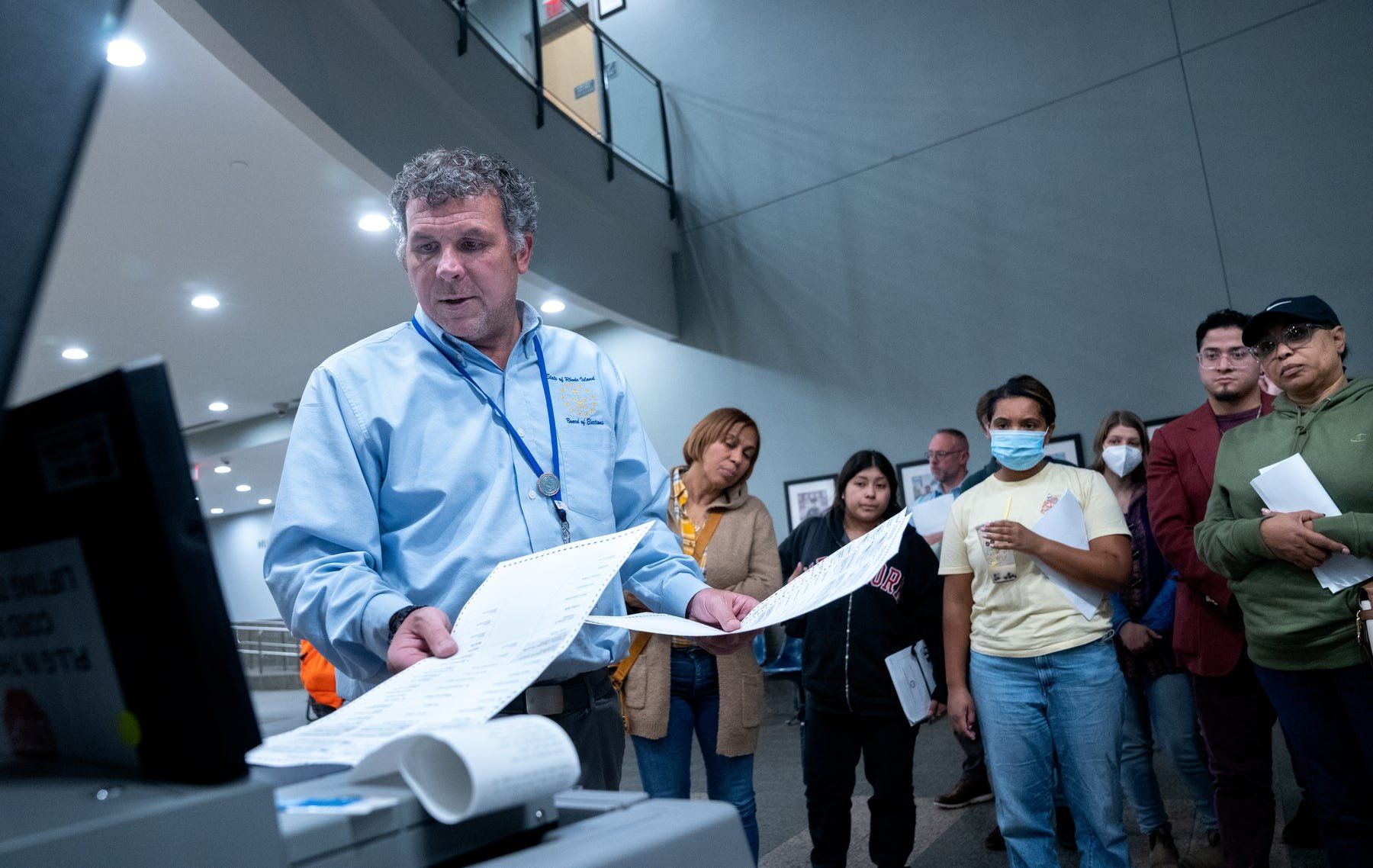Campaign Countdown: Trump allies flood swing states with election lawsuits
While neither Donald Trump nor the Republican National Committee are listed on the suits, text messages suggest that the former president’s top aides were behind them, indicating that his campaign is readying a late-campaign strategy to assert that the election is rigged if he doesn’t win.
Kamala Harris, meanwhile, was in Pennsylvania on Wednesday for a town hall with independent voters that she agreed to after Trump declined a debate rematch. Meanwhile, her running mate Tim Walz raced from rallies in Minnesota to Wisconsin. In Minnesota on Wednesday, he appeared alongside Barack Obama, who notably rallied on Harris’ behalf in Michigan on Tuesday, where he rapped with Detroit native Eminem.
With 12 days to go until Election Day, both candidates and their surrogates are pulling out all the stops to make an impact in the states that could decide the race.
